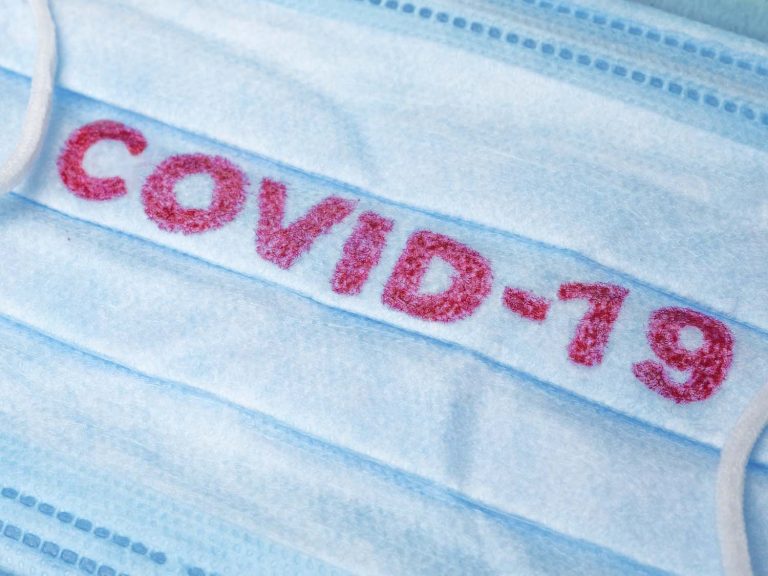
Date:
PPE controls drive China air rates even higher
Following European complaints of defective medical equipment, Chinese authorities have tightened quality controls and increased customs inspections, in a move that has led to rising air cargo costs and congestion in South China.
New regulations include yesterday’s announcement by China’s Ministry of Commerce on strengthening the export quality supervision of “non-medical” masks, including a blacklist of suppliers which failed to gain export certification.
In Shanghai, customs brokers have raised rates for export clearance by up to six times, due to extra paperwork and processing time caused by the new controls, which are also impacting Hong Kong, Guangzhou and Shenzhen regions.
The expectation is it will extend to the rest of the country, because at least 90% of all medical cargo will require customs inspection.
The new export restrictions is preventing PPE manufactured in the mainland from transhipment in Hong Kong, and “more or less forcing” the cargo through mainland airports.
While many governments have enacted “air bridges” to cater for supplies for their healthcare systems, space is still scarce and rates are at a premium due to the absence of belly-hold capacity.
Airfreight terminals in Shanghai, Xiamen and Guangzhou are on red alert, while Shenzhen changed to yellow, as terminals in these cities are overheated with massive amounts of cargo, particularly PPE.
Meanwhile, the more-stringent PPE export controls are impacting ocean freight, with containers packed with face masks reportedly detained in China because the goods failed to meet quality standards.
About 1,600 manufacturers are blacklisted, due to quality checks and bad paperwork, so buyers need to carefully check whether Chinese manufacturers meet the strict new criteria.
